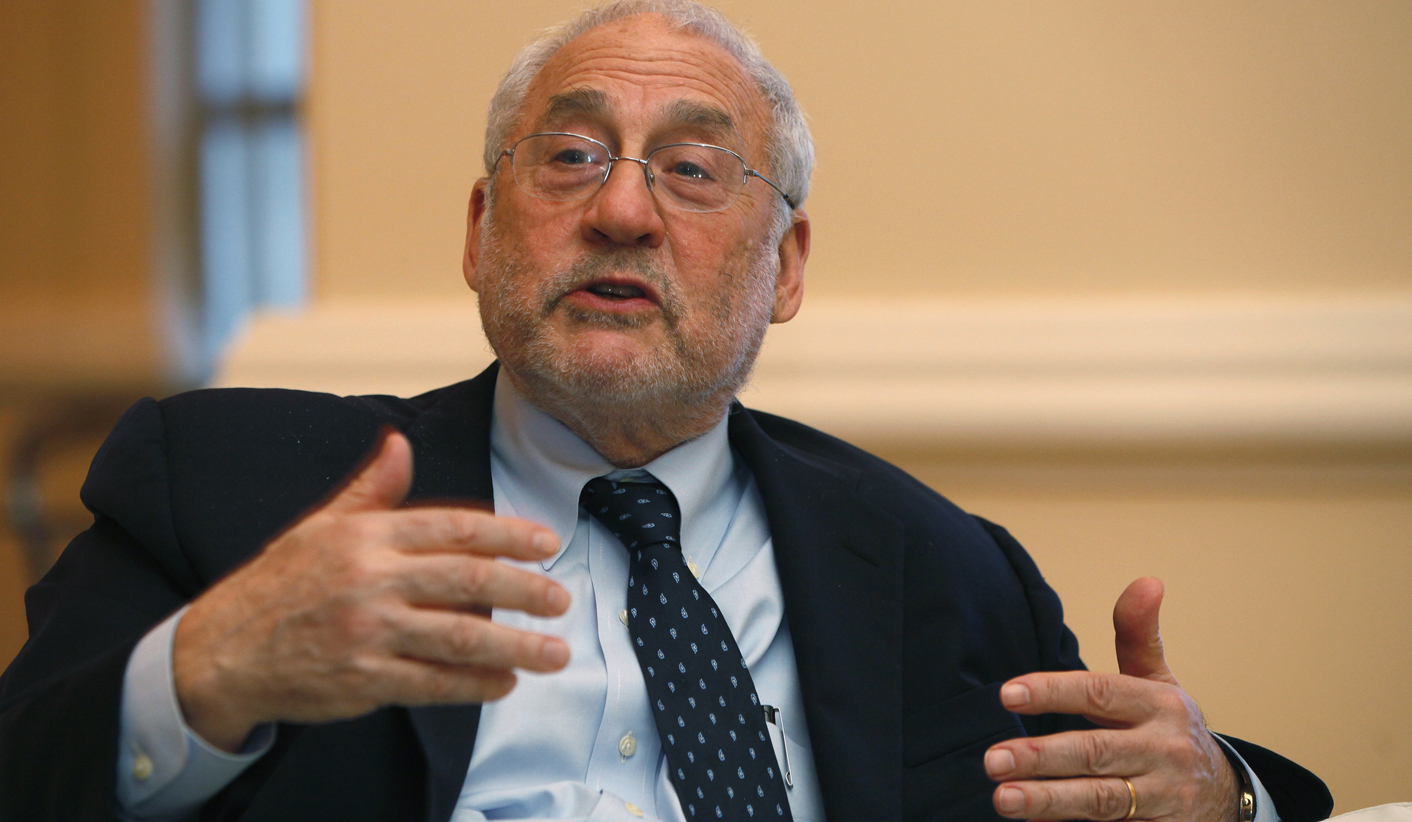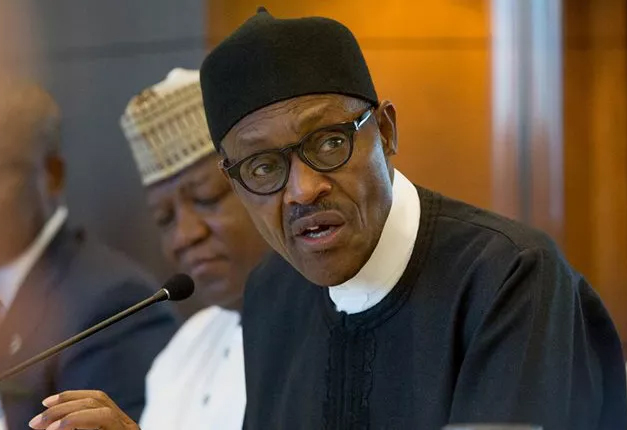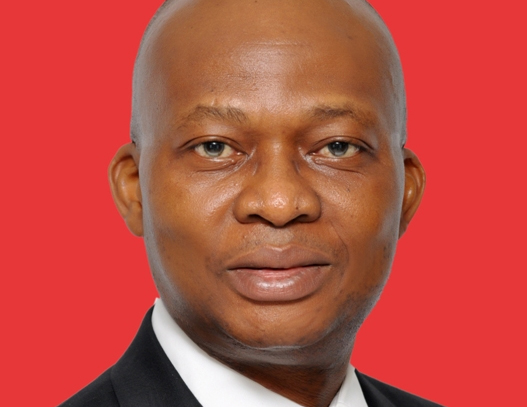BY ADE ILEMOBADE
”Pragmatism is the view that considers practical consequences or real effects to be vital components of both meaning and truth. More simply, something is true only insofar as it works. It argues that the meaning of any concept can be equated with the conceivable operational or practical consequences of whatever the concept portrays” -Philosophybasics
Pragmatic economic management can be define therefore as conceivable operational or practical economic decisions or policies that are true only insofar as the consequences of whatever the concept portrays works in achieving the desired goals.
“Consider the practical effects of the objects of your conception. Then, your conception of those effects is the whole of your conception of the object”-Charles Sanders Peirce
It is imperative to state further that value free economic decisions or policies are utopian; since every economic decisions or policies are reflections of our biological thought patterns, our preferences and the mannerism within the prism from which we look at life in relationship to our position(s) in a given human commune and in specific terms Nigeria.
Advertisement
We might look at life, economic or policies decisions making from the purview of neo-liberal free market laissez–faire portfolio or from what I give the nomenclature capital-welfarism (social-capitalism) or something in between the two extremes and from these backgrounds we profer solutions to economic problems in our society.
There is no absolutism theoretically speaking within the purview of the superstructure of economic analyses, since every prognoses and modelling in terms of fleshing out are predicated on ceteris paribus. Therefore, to condemn capital controls in absolute terms as being inherently damaging to our economic progress or growth is tantamount to committing economic analyses harakiri.
The impactness of capital controls must be seen from the multiplicity of the various heterogeneous economic factors prevalent in those countries adopting such macroeconomic instrumentarium within a given epoch to resolve their economic problems as a short term measure with positive results.
Advertisement
Even international financial institution like IMF has recognised that they need to be flexible with nations undergoing economic reform and there is no ideological suffocation inherent in their acceptance of such reality because they have learnt from their misadventure with the imposition of the structural adjustment programmes in the 80’s.
Joseph E. Stiglitz (pictured) noted in one of his articles that sometimes third world nations need capital controls. He wrote ”In some cases, it may be necessary to introduce selective, targeted, and time-bound capital controls to stem outflows, especially outflows through banking channels. This would entail, for example, restricting capital transfers between parent banks in developed countries and their subsidiaries or branches in developing countries”.-Source: thecable.ng
There are enough data to show that capital controls can work in combination with prudent economic management depending on the policy direction and endgame of the administrator/authority: Brazil, Malaysia, Indonesia, China, etc are good examples.
Please read James Crotty, Professor of Economics and his work; The Case for Capital Controls on this link: http://people.umass.edu/crotty/madrick-ford.pdf
Advertisement
Those advocating for devaluation and laissez–faire need to understand that protectionism is not intrinsically bad they need to look beyond their speculative instincts to understand why worldwide developing countries often adopt such instrumentarium to protect their economy.
Most proponents of devaluation are making normative policy recommendations based on highly controversial values predicated on profit maximization and unreliable assumptions, forgetting that they are dealing with human behaviours coupled with uncertainty and imperfections inherent in a free market economy.
I am not denying the fact that there is a generic belief that free market economy has delivered better than all other economic systems despite its known imperfections but its ability to deliver is not sufficient to adopt an absolutist dogmatic acceptance that it is a panacea to all economic disequilibrium. Note here that there are so many variable factors that can affect national economy either internal factors structurally inherent in the system or external factors beyond the control of the administrator/authority. Therefore an eclectic approach, a pot pourri of adaptable economic analyses, instruments would be necessary rather than a single strand one fits all mechanism.
Governments must always intervene using various macroeconomic/microeconomic instrumentarium to suit the pains of free market dynamics with social welfare programmes and to protect domestic producers from false competition thereby given us (Nigeria) time to grow our gross domestic product.
Advertisement
Note here that it is very important that Nigeria government must take drastic or draconian action against speculators lunching attack on Naira exchange rate coupled with restriction on capital outflow.
These measures would give Nigeria enough time to reform it’s economy, it might be temporary though, hoping that we will not have another Soro’s golden eggs scenario wherein speculators would come in look for quick wins and disappear as quickly as they came taken with them our commonwealth for peanut.
Advertisement
President Buhari must as a matter of urgency sanction the banks exploiting currency speculation to the detriment of the economic health of the nation. I have no symphaty for those criminal bankers, let us stop them forthwith don’t forget they are still indebted to us from the bail-out given to them by Sanusi Lamido Sanusi yet they are the most unpatriotic agents of the free market economy.
”The economic problem of society is thus not merely a problem of how to allocate “given” resources—if “given” is taken to mean given to a single mind which deliberately solves the problem set by these “data.” It is rather a problem of how to secure the best use of resources known to any of the members of society, for ends whose relative importance only these individuals know. Or, to put it briefly, it is a problem of the utilization of knowledge which is not given to anyone in its totality”-F.A. Hayek’s
Advertisement
Therefore, free market economist cannot claim to have all the knowledge available to solving all human or societal economic problems because of the multi-factorial or multi-circumstance, multi-disciplinary decentralized knowledge needed to finding solutions in the short term and long term.
In every decisions we make (made) as economic agents there are always values or ideological underpinnings fundamental to making such decisions, they might be prominent or peripheral but they are present, it does not matter if they are pot-pourri of values and ideological linkages or a single strand homogeneous ideology.
Advertisement
Let us adopt a pragmatic economic management paradigm but not without an ideological underpinnings to avoid the illusion of policy utopianism.
Twitter: @pearl2prince
Add a comment






